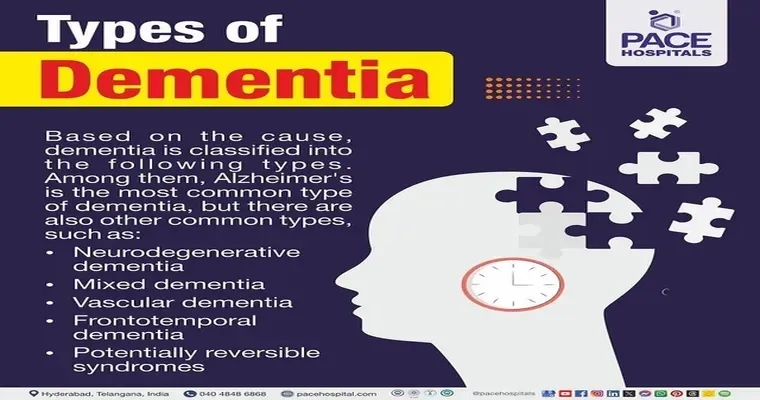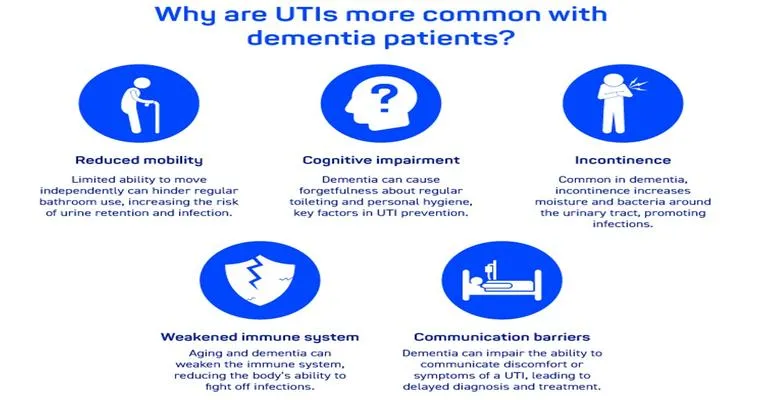Dementia is a term that encompasses a range of cognitive impairments, including memory loss, problem-solving difficulties, and changes in behavior. Many people wonder if "dementia can be fatal" and how it impacts overall health. While dementia itself is not classified as a terminal illness, it can lead to serious health complications that may ultimately result in death. Understanding the implications of dementia is crucial for patients, caregivers, and families alike.
Dementia is primarily caused by diseases such as Alzheimer's, vascular dementia, and Lewy body dementia. These conditions progressively damage brain cells, leading to a decline in cognitive function. As the disease advances, it can severely impact a person's ability to perform daily activities, which can increase the risk of life-threatening situations.
One of the major concerns with dementia is its association with "comorbidities". Individuals suffering from dementia often have other health issues, such as heart disease, diabetes, or respiratory problems. These comorbid conditions can become more pronounced as dementia progresses, making it harder for the body to cope. This vulnerability can lead to complications such as infections, malnutrition, and dehydration, which can be fatal.
Another factor to consider is the decline in physical health that often accompanies dementia. As cognitive abilities deteriorate, individuals may struggle with basic activities like eating, drinking, and maintaining personal hygiene. This decline can result in weight loss and malnutrition, further weakening the body and increasing mortality risk.
Additionally, late-stage dementia can lead to a loss of mobility and an increased risk of falls. Falls are a significant cause of injury and death among older adults, and individuals with dementia are particularly susceptible. A serious fall can result in fractures or head injuries, which can be life-threatening, especially for those who are already frail.
Caregivers play a critical role in the management of dementia. They can help monitor physical health, ensure proper nutrition, and facilitate medical care. However, the emotional and physical toll on caregivers can also lead to burnout, which may affect the quality of care provided to individuals with dementia. It is vital for caregivers to seek support and take care of their own well-being to provide effective care.
In summary, while dementia itself is not directly fatal, it can lead to severe health complications that may result in death. Understanding the multifaceted nature of dementia and its effects on overall health is essential for effective management and care. If you or a loved one is facing a dementia diagnosis, it is crucial to seek medical advice and support to navigate this challenging journey.





